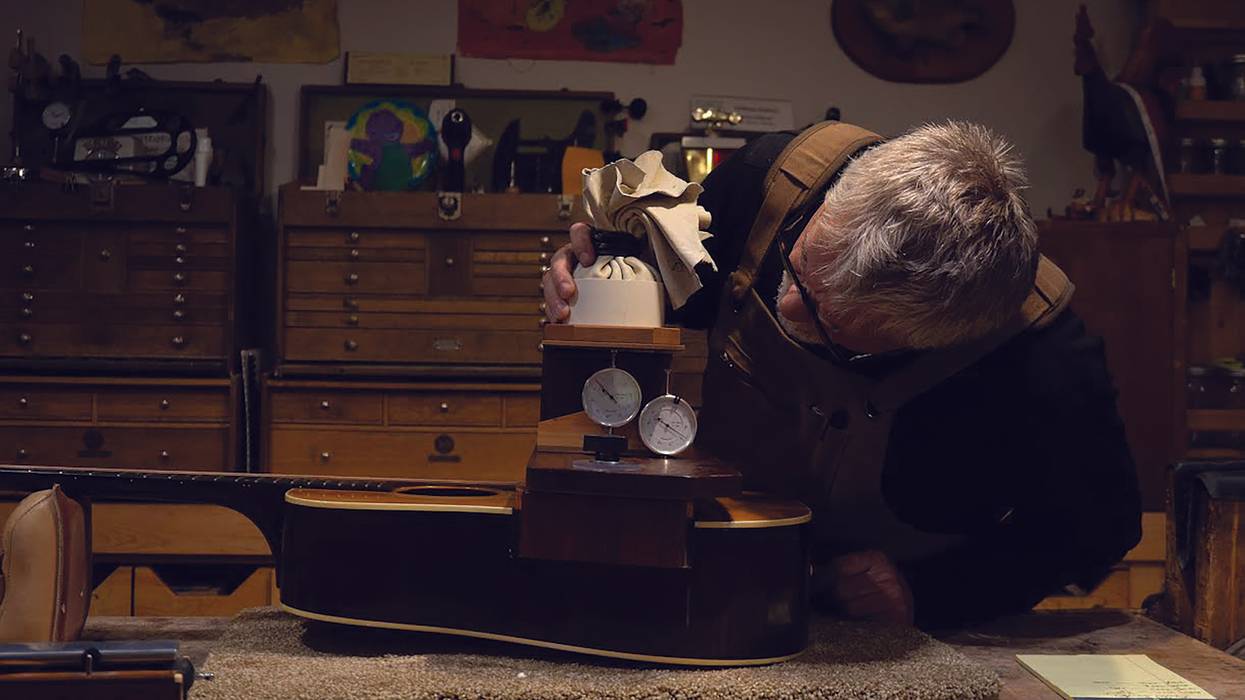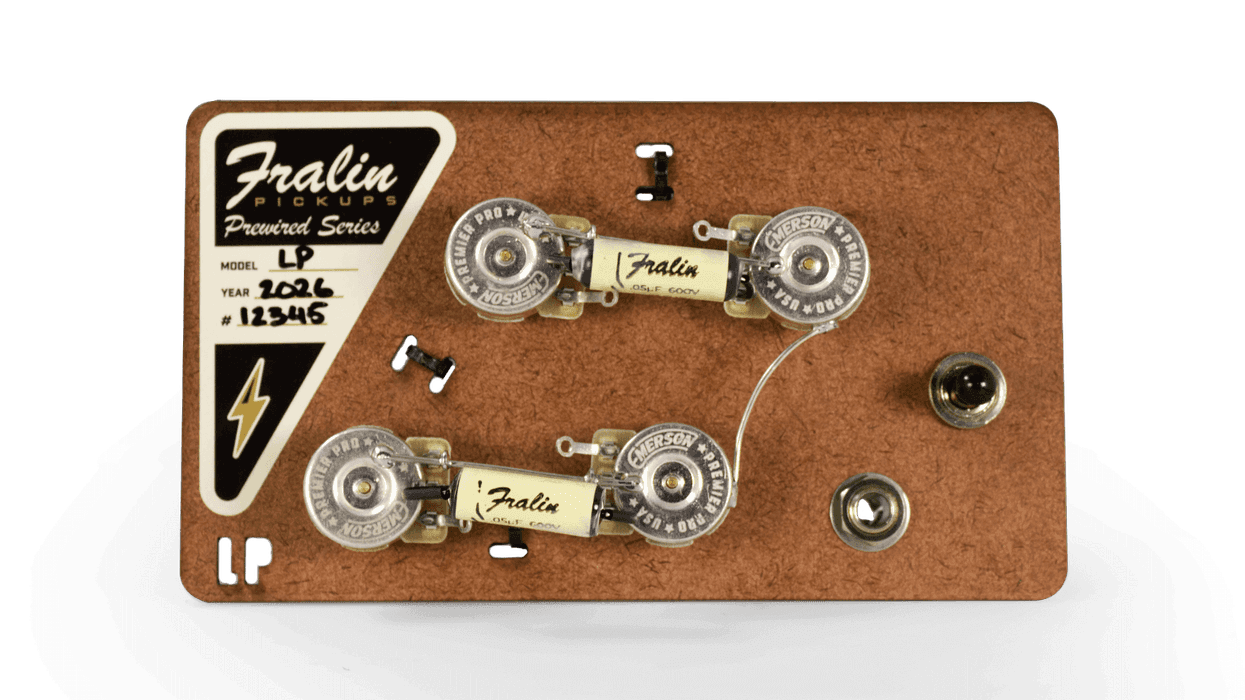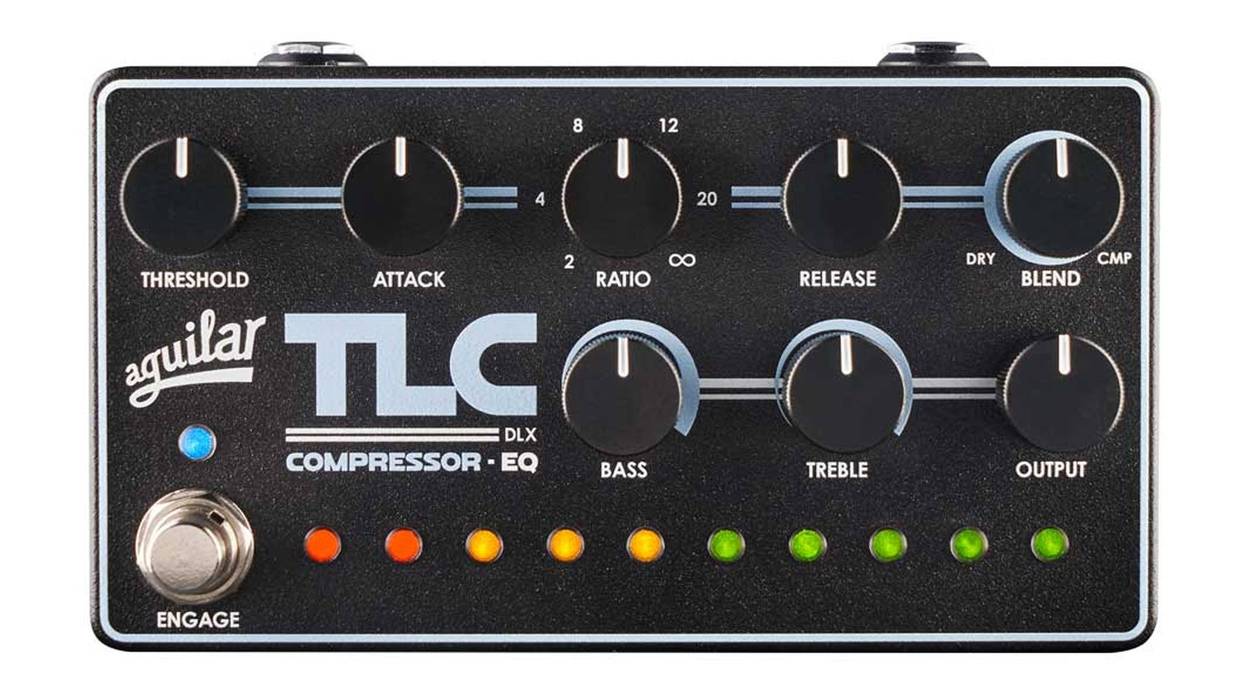Pretty much everyone feels like they could write a book chronicling all the times they were, like, so exasperated by the out-of-touch-ness of their parents, aunts and uncles, grandparents, or anyone else deemed to be “old” relative to their own earth-year count. It’s probably one of humanity’s most persistent truisms/cruel clichés, dating back to whenever we first started living together in groups large enough to evolve societal norms. And advances in philosophy and technology, even of the earliest sort, only accelerated the pace of eye rolling and forehead slapping.
You know why? Maybe it’s just a Western cultural thing, but we seem to be genetically predisposed to think our current outlook on X, Y, or Z, regardless of our age, experience, or circumstance, is the pinnacle of rationality. Everyone else, younger or older, is naïve or dumb, or outdated and stuck in the past if they see, understand, or like things different from what we do. This is, of course, preposterous. And it’s as preposterous for musicians in their quests for melodic and rhythmic nirvana as it is in every other life pursuit.
Fighting this myopic tendency in pretty much every aspect of life is one of the biggest keys to happiness, growth, and even maintaining mental and physical health. We could go on and on about what doing so could mean for us in terms of interpersonal relationships, innovation, national politics, and world peace, but confining the discussion to music and musicianship is equally fascinating.
Here’s how the tendency typically plays out for a lot of us guitarists—especially those whose love for the instrument drives us to voraciously read, listen to, and watch stuff about it: As our desire to play well increases, so does our belief that whatever got us into playing represents “playing well.” And the more we focus on being able to play on par with those notions, the more we start to look down on music or playing informed by a different set of standards.
More to the point, the trap that’s so easy for us to fall into is equating “good music” with “good”—i.e., difficult-to-play—guitar work. When I was a teenager, the more I got into guitar, the more I read guitar mags. The more I read guitar mags, the more I listened to players heralded for their technical prowess.
Even when some new thing came along, as it inevitably does, and slapped me upside my 17-year-old head—whether it was Vernon Reid’s manic, Ornette Coleman- and Sonny Sharrock-influenced atonal soloing, or Eric Johnson’s more pop-song-oriented virtuosity—the impact didn’t knock me out of my existing philosophical wagon-train ruts. It took years and years of exposure to new music and friends to make me step back and let go of such petty ideas.
But even if you’ve always been wise enough to not obsess over the technical aspects of playing, you’re not at all immune to the same habits of musical dismissiveness. “Serious” guitar nerds are infamous for crapping all over hip-hop, EDM, and any pop that doesn’t feature prominent guitar work. More zen-thinking players have their own lines in the sand, too. For many, it boils down to two genres: country and metal.
So how do you fight that myopia as a musician? For starters, stop dismissing whole genres—there’s shite and there’s gold in every conceivable style. Next, make a habit of forcing yourself to find great music that’s outside your norm. My latest adventures in this regard? Though I’ve long had a sort of morbid curiosity about the bizarre history of Norwegian black metal, until recently I’d never spent a whole lot of time listening to it. Now that I’ve sought it out and listened with an open mind, I’ve developed a true appreciation for the work of bands like Emperor, Gorgoroth, Death, Dismember, and others—even if I do still find the subject matter of a decent portion of it silly or excessively provocative.
That we should make a concerted effort to deprogram Homo sapiens’ hardwired egocentrism over the course of our lives should be kind of a no-brainer. Even in the so-called Information Age, none of us could ever possibly hope to know everything there is to know or experience everything there is to experience, even in our chosen field of expertise. Interestingly, the reason we tend to not detect the myopia in ourselves is simply because the longer one lives, the more practiced one becomes at feeling like they’ve got this life thing figured out. As life years increase, entrenchment of opinions, biases, and proclivities exponentially increases. The only fix for every single one of us is trying to foster an attitude of humility and a continued hunger for knowledge about the nature of existence and our fellow human beings.


















